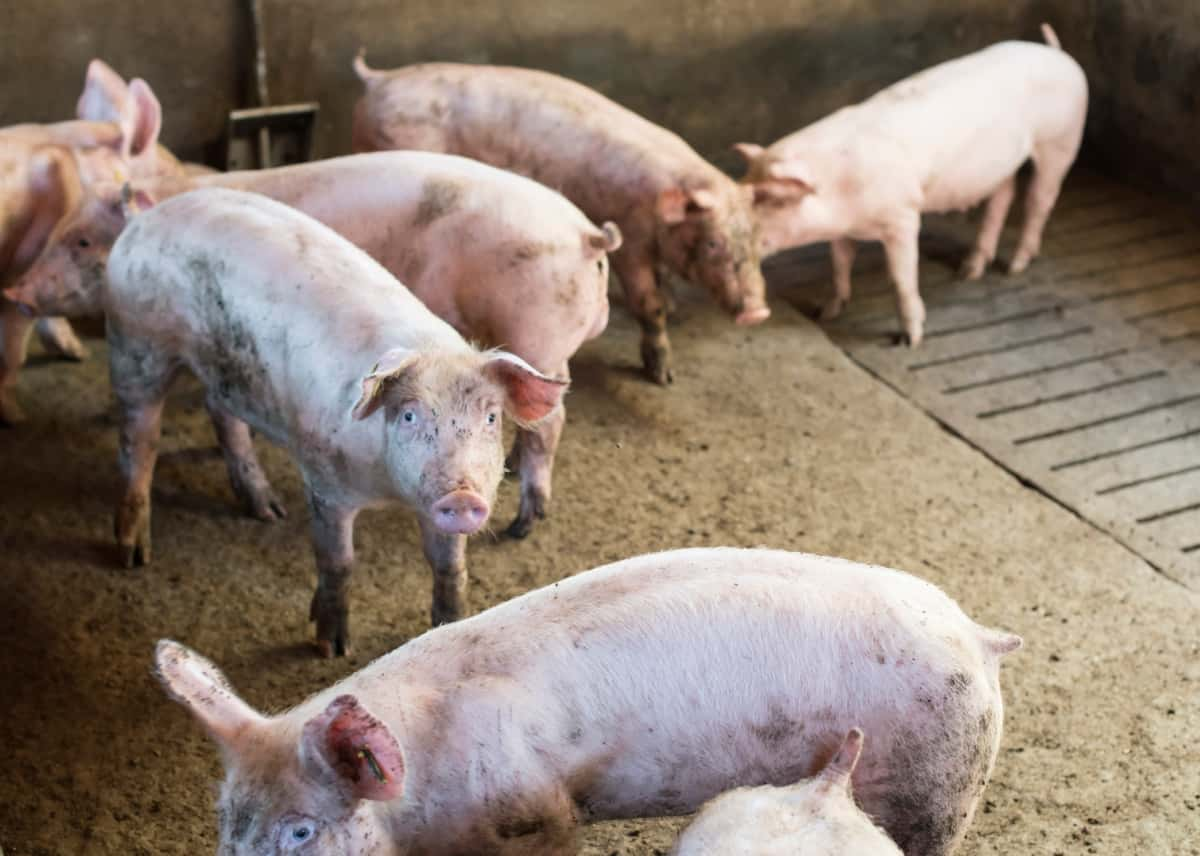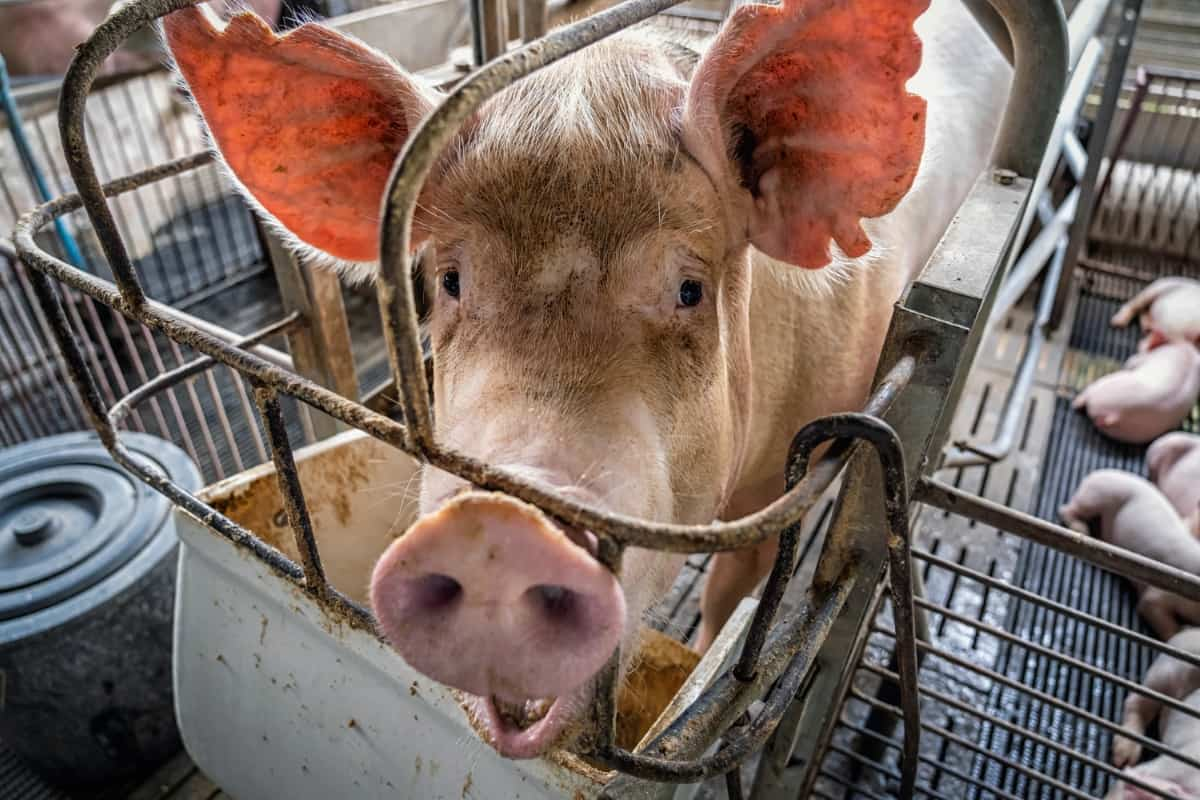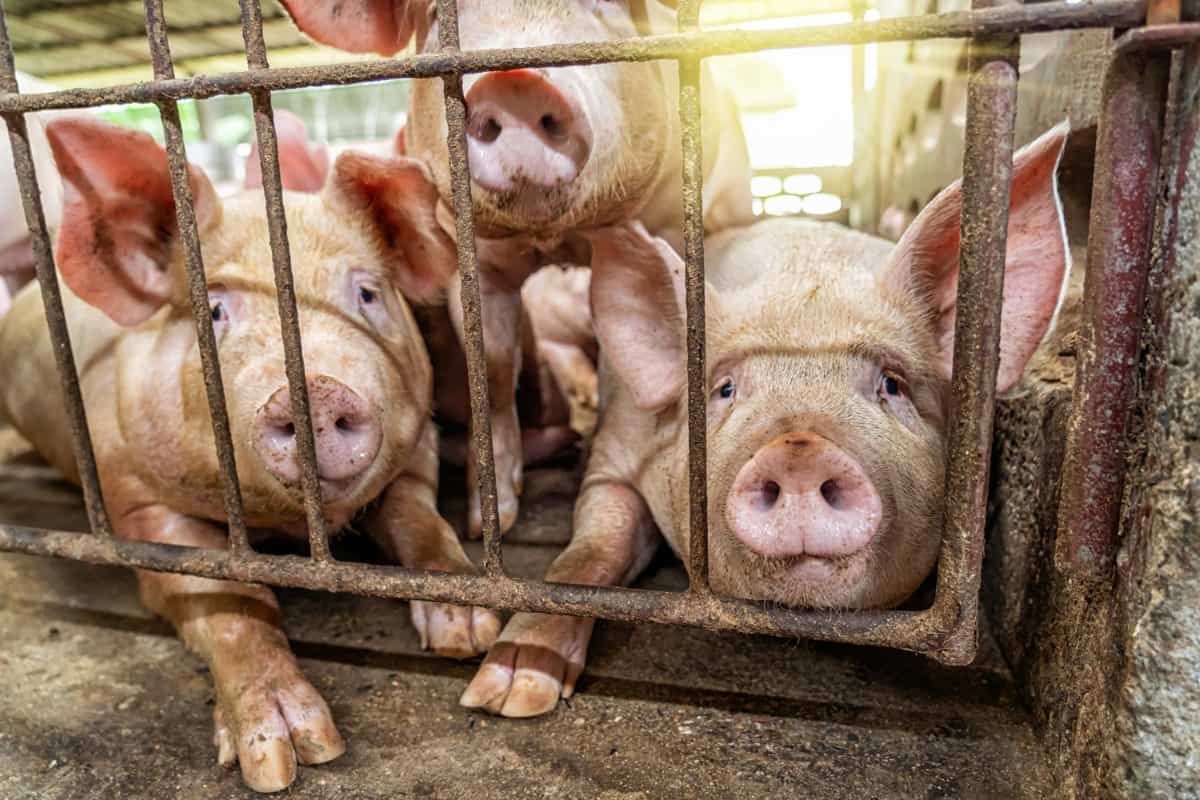Venturing into a New Zealand pig farming business necessitates a comprehensive business plan that comprises a thorough understanding of the farming practices, the famous breeds in New Zealand, cost management, and expected profit margins. This article aims to provide a detailed perspective on the New Zealand Pig Farming Business plan.

Pig farming in New Zealand offers a rewarding and financially viable business opportunity. Currently, the pig farming industry in the country is thriving due to the high demand for local and international pork products. However, starting a pig farming business requires substantial planning and effective strategies to yield high profits.
New Zealand Pig Farming Business Plan
Understanding the Famous Breeds in New Zealand
The first step towards a successful pig farming business in New Zealand is understanding the famous breeds. New Zealand has several pig breeds, each with unique characteristics and adaptability levels. These breeds include Large White, Duroc, Tamworth, and Kunekune. Large White and Duroc are particularly known for their fast growth rate and large litter, making them ideal for commercial pig farming. On the other hand, Tamworth is prized for its high-quality bacon, and Kunekune is cherished for its docility and ease of management.
Investing in Infrastructure and Livestock
Once you’ve identified the right breed for your farming needs, the next step is setting up your pig farm. Infrastructure costs can vary depending on the scale of your operation, but a typical pig farm set up in New Zealand can cost around NZD 50,000 to NZD 100,000. This investment covers the cost of acquiring land (unless you already own it), constructing pigsties, and purchasing necessary farm equipment.
The cost of acquiring pigs will be contingent on the chosen breed and their age. For example, a weaner pig can cost around NZD 100, while a mature sow or boar can range from NZD 500 to NZD 1500. It’s prudent to start small, learn the ropes, and gradually scale up your business.
Management Practices for Optimal Productivity
The success of a pig farming business largely relies on implementing effective management practices. Key practices involve proper feeding, maintaining appropriate housing conditions, and ensuring regular health checks. Proper feeding is crucial for growth and productivity. Pigs need a balanced diet of carbohydrates, proteins, fats, vitamins, and minerals. The average cost of feeding a pig until it reaches market weight (about 70kg) is around NZD 150-200.
In case you missed it: Optimal Pig Nutrition and Feed Formulation Strategies

Maintaining appropriate housing conditions is crucial to ensure the pigs’ health and well-being. Pigs require a dry, clean, and well-ventilated housing environment. It is important to prevent overcrowding since it can result in increased stress levels and the transmission of diseases. Regular health checks and vaccinations are pivotal in a pig farming business. Regular veterinarian visits, vaccinations, and treatment expenses can add NZD 30-50 per pig annually.
Marketing and Sales Strategies
The pig farming business isn’t just about raising pigs. A highly profitable outcome depends on having a well-executed marketing and sales strategy in place. Identify potential buyers within local butcher shops, supermarkets, restaurants, and farmers’ markets as part of your strategy. It’s also advantageous to leverage online platforms to reach a wider audience.
Exporting pork products can also be a lucrative business opportunity. As of now, New Zealand exports a significant amount of pork, particularly to countries in the Asia-Pacific region. Exporting requires additional costs, such as inspection fees, shipping, and insurance, which can add NZD 10-15 per kilogram of pork.
Profit Analysis
A pig farming business’s profitability is contingent on various factors, including the cost of investment, feed, health management, and the current market price of pork. On average, a pig reaches the market weight of 70 kg within six months. If you are raising a Large White or Duroc breed pig, considering the current market rate of NZD 3-4 per kilogram of pork, you can expect a revenue of NZD 210-280 per pig.
Subtracting the average cost of raising a pig (around NZD 180-250 per pig, including the purchase cost, feed, and health management), the net profit can range from NZD 30 to NZD 80 per pig. However, this is a conservative estimate. Many farmers in New Zealand have reported much higher profits by implementing cost-saving strategies, value-adding their products, or marketing their pork as organic or free-range, which commands higher prices in the market.
Optimizing Profit Margins
- Bulk Buying: Purchasing feed and other supplies in bulk can help reduce costs significantly.
- Waste Management: Pigs produce significant waste, which can be turned into a resource. Investing in a biogas facility offers the opportunity to transform pig waste into biogas, which can be effectively utilized for heating or generating electricity.
- Value Addition: Adding value to your products can increase revenue. For instance, consider processing it into bacon, ham, or sausages instead of selling raw pork. You could also market your pork as organic, free-range, or non-GMO, as these products often command higher prices.
- Diversification: Diversifying your pig farming business can also increase profitability. For instance, you could consider breeding pigs for sale, offering agro-tourism, or starting a pig manure composting business.
Adapting to Market Trends
The market for pork products is constantly evolving. Stay ahead of competitors and maximize profits by adapting to emerging trends, like the growing demand for organic and ethically produced pork. By shifting towards organic farming practices and improving the living conditions of your pigs, you could cater to this market and command higher prices for your products.
In case you missed it: Feeding Corn to Pigs: A Step-By-Step Guide

In recent years, there’s also been an increasing interest in artisanal and niche pork products. Producing these products could be another way to differentiate your farm from others and create an additional revenue stream.
Conclusion
Combining a deep understanding of the famous breeds in New Zealand, implementing effective management practices, and deploying a meticulous business plan, the New Zealand pig farming business can be a highly profitable venture. Always remember that this business demands commitment, patience, and a passion for farming, but with the right strategies, it promises a lucrative return on investment.
These figures and strategies offer a basic guide, and it’s worth noting that they may vary depending on local market conditions, the cost of inputs, and changes in pig farming practices or regulations. Therefore, consulting with local pig farmers, agricultural extension services, and agricultural financial advisors is highly recommended before starting your pig farming business in New Zealand.
- Feed Your Flock for Less: Top 10 Tips to Save on Chicken Feed
- Ultimate Guide to Ossabaw Island Hog: Breeding, Raising, Diet, and Care
- Hatching Answers: The Top 10 Reasons Your Chickens Aren’t Laying Eggs
- Eggs and Economics: Breaking Down the Cost of Raising Backyard Chickens
- Defend Your Greens: Proven Methods to Keep Iguanas Out of Your Garden
- Ultimate Guide to Cinnamon Queen Chicken: A Comprehensive Guide for Beginners
- Ultimate Guide to California Tan Chicken: Breeding, Raising, Diet, Egg-Production and Care
- Ultimate Guide to Marsh Daisy Chicken: Breeding, Raising, Diet, and Care
- 10 Types of Chicken Farming Businesses You Can Start for Profits
Can you please help me to start a piggery business?